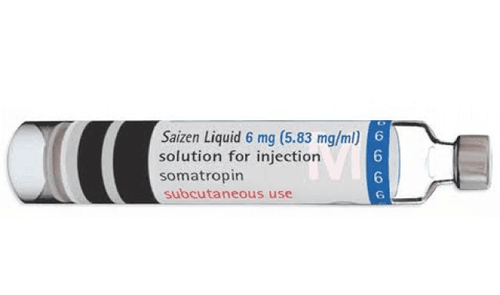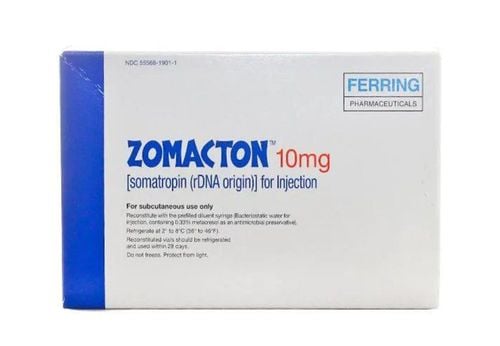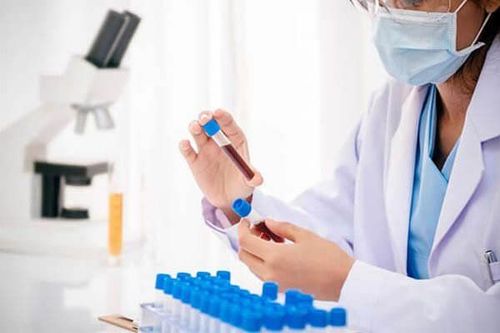This is an automatically translated article.
Currently, with the advancement of medicine, prenatal screening and diagnosis has brought practical benefits to many families. So during pregnancy, pregnant women need to do what tests? The following information can be very helpful for pregnant women.
1. Karyotype test – Set up chromosomes
1.1. What is a Karyotype test? The karyotype test looks at your size, shape, and chromosome number. Chromosomes are the parts of your cell that contain your genes. Genes are part of DNA passed down from your mother and father. They carry information that defines your unique features, such as height and eye color.
Normal
people have 46 chromosomes, divided into 23 pairs, in each cell. One
in each pair of chromosomes comes from your mother, and the other pair comes from your father.
If
you have more or less than 46 chromosomes, or if there are any
abnormalities in the size or shape of your chromosomes, it could mean
you have a genetic disease. Karyotype testing is often used to help find genetic defects in a developing baby.
What is the role of Karyotype testing?
Humans have 46 chromosomes. Newborns inherit 23 from their mother and 23 from their father.
Sometimes, babies have an extra chromosome, a missing chromosome, or an abnormal chromosome. Karyotype testing will see if any of these have happened to your child. The most common things doctors look for with karyotype testing include:
Down syndrome (trisomy 21). Babies have an extra, or third, chromosome 21. This affects the way the baby looks and learns.
Edwards syndrome (trisomy 18). A baby has an extra 18th chromosome. These babies often have problems and most don't live longer than a year.
Patau syndrome (trisomy 13). A baby has an extra chromosome 13. These babies often have heart problems and severe intellectual impairment. Most will not live more than a year.
Klinefelter syndrome . A baby boy has an extra X chromosome (XXY). He may go through puberty at a slower rate and he may not be able to have children.
Turner syndrome. A baby girl has a missing or damaged X chromosome. It causes heart problems, neck and low height.
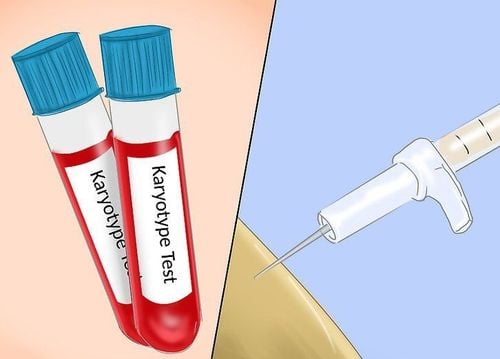
Xét nghiệm Karyotype chẩn đoán hội chứng Turner
1.3. Purpose of Karyotype Tests Karyotype tests can be used for more than just finding birth defects.
If you have had trouble getting pregnant or have had multiple miscarriages, your doctor may want to check if you or your partner have a chromosomal problem.
You can find out if you have a disorder that you can pass on to your child.
They can test the fetus to see if there is a genetic problem.
They can find the cause of some physical or developmental problems your child or young child has.
Chromosome testing can tell if an infant is a boy or a girl in rare cases.
Some types of cancer can cause chromosomal changes. Karyotype testing can help you get the right treatment.
1.4. When is the Karyotype test indicated? Karyotype testing can only be done during certain weeks of pregnancy. Your doctor will recommend which karyotype test is right for you based on how far along you are in your pregnancy and your risks.
You are more likely to have a chromosomal problem if:
You are 35 or older. You have another child or a family member with a chromosomal disorder. You or your partner have something abnormal in your chromosomes. You have a history of miscarriage or stillbirth.
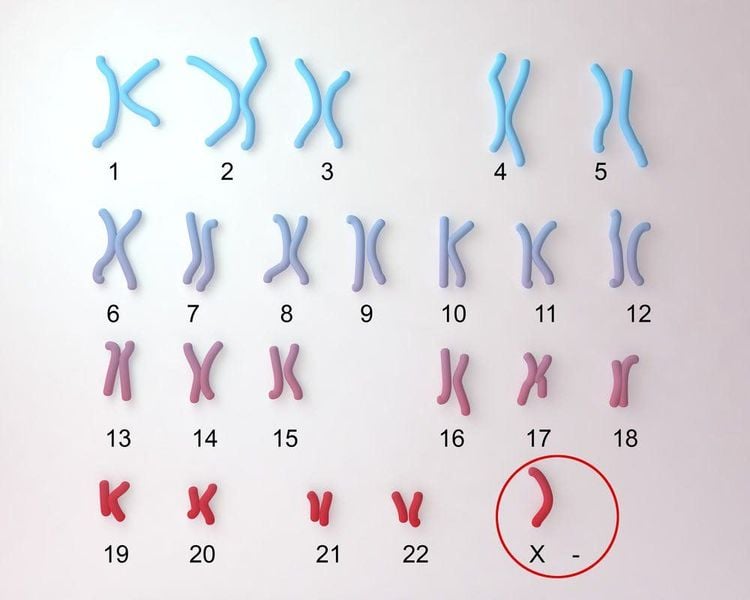
Xét nghiệm Karyotype được chỉ định khi thành viên trong gia đình có rối loạn nhiễm sắc thể
2. QF-PCR test
Quantitative Fluorescence PCR (QF-PCR) is an alternative method in which markers of DNA polymorphisms on chromosomes, are used to determine the presence of different alleles.
Test based on the use of polymorphic small tandem repeat (STR) markers with information and parental DNA availability, used for prenatal and postnatal diagnosis of heterozygotes multiples of chromosomes 13, 18, 21, X and Y. DNA was isolated from fetal cells from amniotic fluid samples, chorionic villus samples, and fetal trophoblast cells from endometrial lavage fluid. Bowel and neonatal blood were both used to investigate chromosomal copy number variations.
The QF-PCR assay using fluorescently labeled STR primers was analyzed after fragment length separation in capillary gel electrophoresis. Determination of the biological origin of the aneuploidy or of a post-mitotic origin can also be done in most cases. Although prenatal testing is complicated by limited sample sizes, variable sample quality, mosaicism, and maternal cell contamination - the use of parental samples and other measures can overcome most of these limitations.
The QF-PCR technique serves as a very useful preliminary test to alleviate parental anxiety in the short term and to accelerate therapeutic intervention.
3. FISH . test
Fluorescence in situ hybridization (FISH) is a type of cytogenetic technique that uses fluorescent probes that link sections of chromosomes to show high levels of sequence complement.
Fluorescence microscopy can be used to find where the fluorescent probe is attached to the chromosome. This technique offers a new way for researchers to visualize and map the genetic material in an individual cell, including specific genes or sections of genes. It is an important tool for understanding many types of chromosomal abnormalities and other genetic mutations. Unlike most other techniques used to study chromosomes, FISH does not need to be performed on actively dividing cells, which makes it a very versatile procedure.
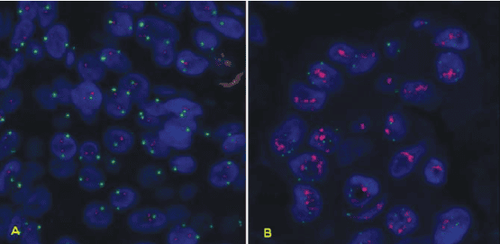
Xét nghiệm FISH sử dụng các đầu dò huỳnh quang
Vinmec currently has many maternity packages (12-27-36 weeks), in which the 12-week maternity package helps monitor the health of mother and baby right from the beginning of pregnancy, early detection and timely intervention. health problems. In addition to the usual services, the maternity monitoring program from 12 weeks has special services that other maternity packages do not have such as: Double Test or Triple Test to screen for fetal malformations; Quantitative angiogenesis factor test to diagnose preeclampsia; thyroid screening test; Rubella test; Testing for parasites transmitted from mother to child seriously affects the baby's brain and physical development after birth.
For more information about the 12-week maternity package and registration, you can contact the clinics and hospitals of Vinmec health system nationwide.
Please dial HOTLINE for more information or register for an appointment HERE. Download MyVinmec app to make appointments faster and to manage your bookings easily.




